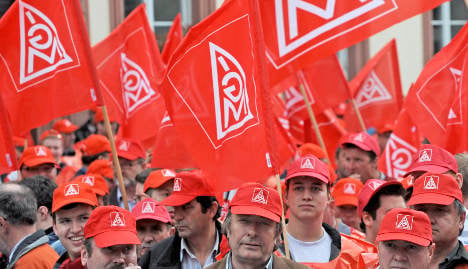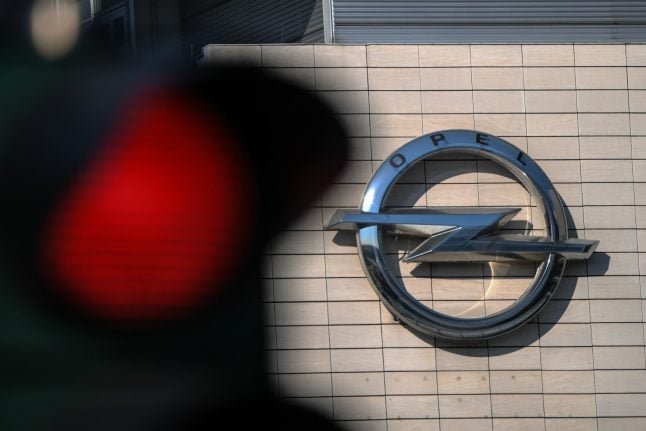The regional deal, the first to be signed in Germany this year, sets a benchmark for wage negotiations in other regions for a sector that employs 3.6 million people and is the backbone of Germany’s export-driven industry.
IG Metall had demanded a rise of 6.5 percent over 12 months, pressuring the businesses of the sector with country-wide strikes since the end of April, notably by employees of Bosch, Siemens and Daimler.
Wages had stagnated, but workers have been emboldened by Germany’s resistance to the eurozone crisis to demand a bigger a piece of the pie.
But they have not done as well as Germany’s two million civil servants, who last month secured a 6.3 percent pay hike over two years.
Yet hot on the heels of the agreement came a specific conflict between the union and General Motors over fears that an Opel factory in Bochum could be closed.
“We are in a position to lead a very tough conflict with Opel and GM,” said Armin Schild, leader of IG Metall Frankfurt.
“Opel and GM managers should know in advance what they are letting themselves in for,” he told the Süddeutsche Zeitung on Saturday.
US auto giant GM, which owns Opel, confirmed this week that it would stop producing the Astra car in Germany, moving the work instead to the UK where workers have agreed lower wages and a 24-hour, 7-day-a-week regime – and Poland.
But capacity at the Rüsselsheim factory will continue to be used, the company said, leading to speculation that production of the Zafira compact van could be moved from the Bochum factory to Rüsselsheim.
Schild said there were no hard feelings for the British workers who had accepted the deal, but said he knew no company where the management evoked as little trust as Opel.
AFP/DAPD/hc



 Please whitelist us to continue reading.
Please whitelist us to continue reading.
Member comments